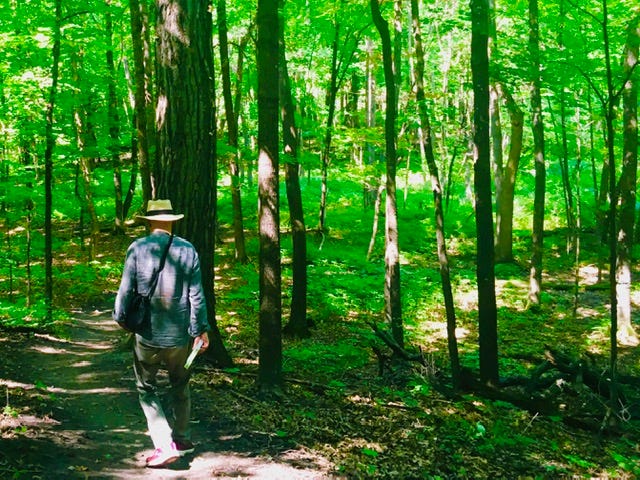As I waited to hear from my agent, I continued teaching here and there part-time and continued writing and sending out little stories that I thought would make good picture books. I also wrote an autobiographical story of a boy whose father had died and who couldn’t read. The Continent of Hooky, I called it. Everything I sent out received praise from the editors. Despite that, they all took a pass. Keep on trying was the message.
In addition to editing the anthologies of student writing I mentioned in the previous post, I taught (for chicken feed pay) week-long summer writing workshops—“The Story Factory”— for kids at a literary non-profit and collected oral histories for families. These I published in keepsake books telling the stories of their elderly relatives. Families, sad to say, are reluctant to pay what this is worth, though the product is priceless. As a result of this work, libraries and one museum hired me to conduct family writing sessions. The format, after I’d quickly told a couple of my own family stories, was that family groups would discuss possible stories, decide on one, and then split into teams to write and to illustrate. I provided all the crayons, color pencils, and paper they needed. The culminating part of the session was when the families stood up and presented what they had done. Get fun.
In short, I kept busy. Anyone who looks at the writing I did back then or at my jammed calendar would see that. Yes, I was taking long walks and occasionally shutting myself up with a bottle of wine, but I was plugging away at making a living without a job and trying to break through as a writer.
Then I heard from my agent.
He loved my little book and, to quote his apology for not being able to find a home for it, said, “In better times, it would have been snatched right up.” I choose to believe him. He sent me the comments acquisition editors had made in rejecting the manuscript. Aside from one snide comment that I wish I had saved to quote here, they all pretty much said the same thing, summed up in a quote I do remember: “Peters is a great storyteller, but these books don’t make money these days.” And my agent? He said he was leaving the industry after twenty years. Irrationally, I felt as if I had ruined the poor guy’s career.
Actually, I was thinking about moving along, too. This rejection felt like a death in the family. I put the India manuscript aside. Maybe I’d get back to marketing it later, but for now it and my dreams could wait. I took longer and longer walks in the woods, wandering wherever my fancy took me. Then, one afternoon, visiting a favorite old growth reserve, I found myself looking around and not knowing how I’d gotten there. Then I made a decision.
I would look into graduate programs. Enough of this working without a net. I’d get myself an M.A. and a real job, something with health and dental insurance, maybe become a therapist. Not long after, I found myself wandering the hallways of St, Mary’s University of Minnesota looking for the director’s office of the program that would make me just that. In no time, I’d be made ready to hang out a shingle and do what I knew I did so well—listening to people’s stories.
However, the director, once found, had other ideas.
“You seem more like a Human Development type to me,” she said. “Let me take you down the hallway and introduce you to Priscilla.”
The next thing I knew I was standing in the doorway of a different office being introduced to Priscilla Herbison, director of the Human Development program. A short, dark-haired woman in her sixties, she spoke with a slight speech impediment in a soft, kindly voice as she moved a stack of books off a chair for me to sit on. A towel hung off a half opened file cabinet drawer. Piles of books and papers covered all but a small open space on her desk and crawled up the walls from atop the filing cabinets. I felt right at home as I began telling her about my many gigs and about my recently rejected book. I was, I told her, following the wrong path and wondered if her program could help me find my way.
She thought it could and told me how the program worked. It was especially for self-directed people like me. My B.A. in American Studies had been self-directed. This M.A. would be self-directed, too. Apparently, I’d to the right place.



